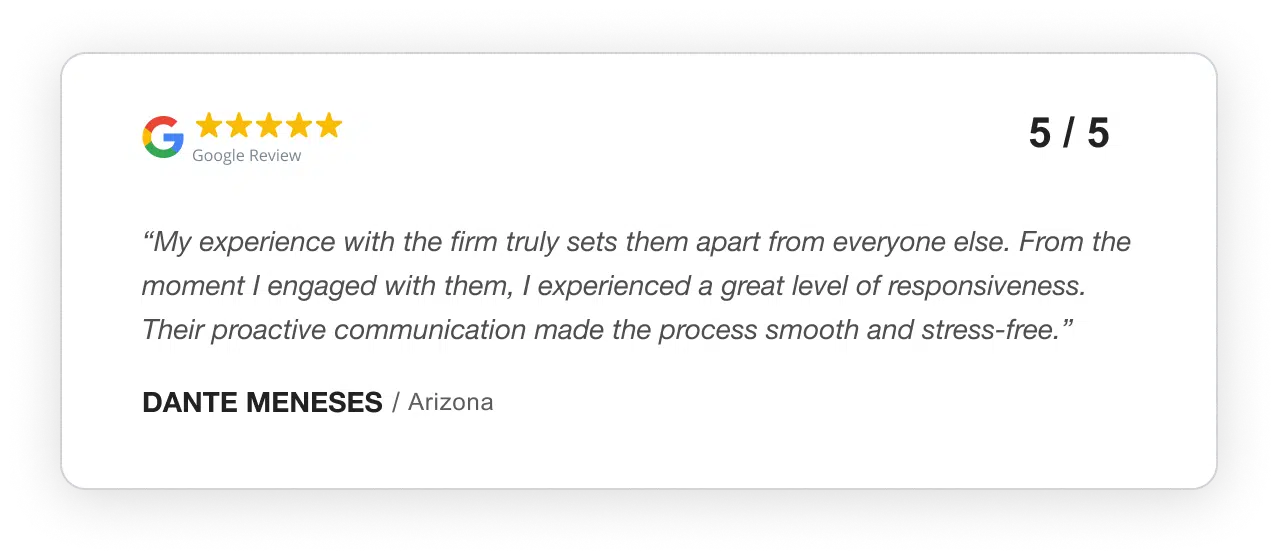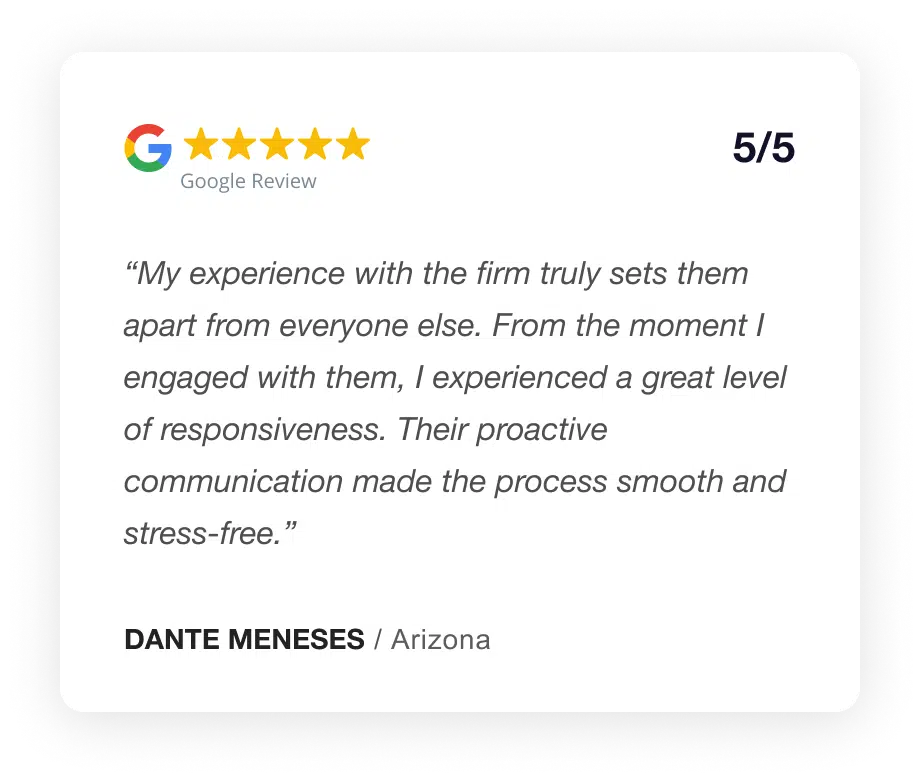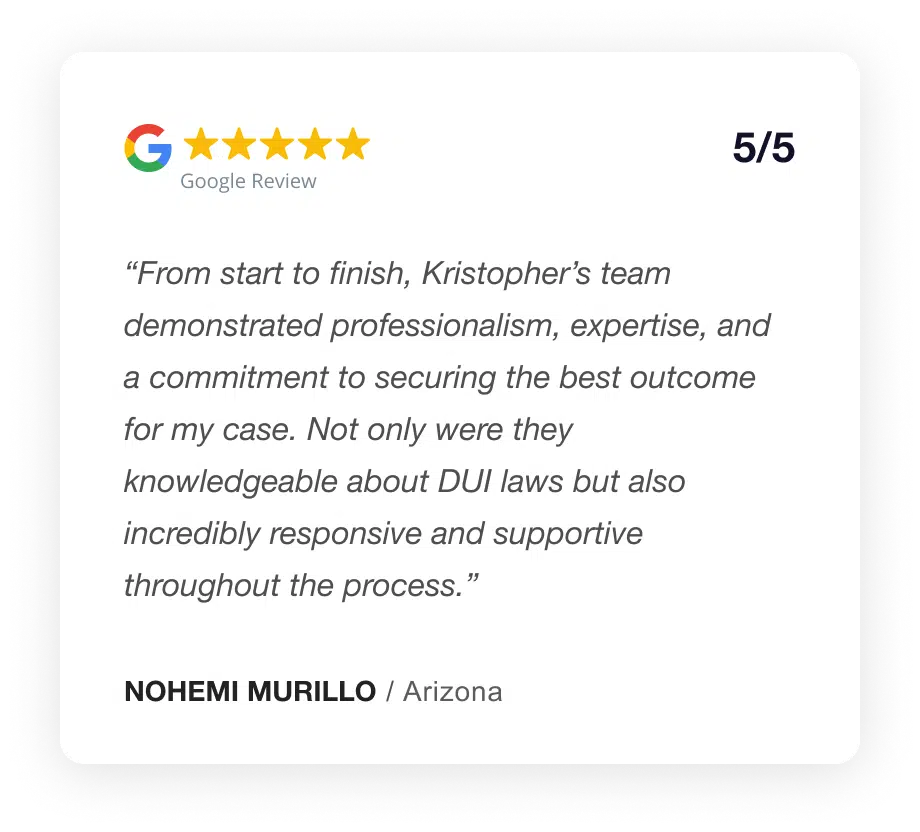 Free Case Review
Free Case Review



After being arrested, you will most likely be taken to a hospital, police station or mobile DUI task force unit and either have your blood drawn or, given a breathalyzer test. You do not have the right to choose which test you perform. After your processing and questioning you will then typically be given a copy of a criminal citation which will have the name of a Court, the date and time you must appear. This is your arraignment date.
Your arraignment is your first Court hearing and the date this is written on your citation. At your arraignment you will ONLY be asked to plead guilty or innocent. In almost every case, you will want to enter a not guilty plea. This is true even if you think you are guilty or have no intention of going to trial. There is no penalty for pleading not guilty. You will not be punished more severely, nor will you be given a more lenient sentence if you plead guilty right away.
Your most prudent action is to speak to an attorney well before you arraignment date.
At your pre-trial conference you will have an opportunity to meet with the prosecutor and discuss the evidence he/she will use against you. If a plea offer is going to be made to you it is typically made during the pre-trial hearing. This is the most critical period of your case as this is the time in which you must develop the evidence needed to defend your matter. In most cases if you hire an attorney prior to this stage you will not have to attend this hearing.
In some cases, there may have been policy, constitutional protections or procedures violated by the officer or the State that prevent the case against you from going forward, regardless of whether you were intoxicated or not.
If the pre-trial conference concludes and no agreement can be reached and/or motions to dismiss your case were not successful or appropriate, the Court will set your matter for trial. At the trial your case will be presented to a judge and/or jury and you will likely either be found not guilty or guilty of all or some of the charges. Unfortunately, being found not guilty does NOT have any bearing on the outcome of your Civil MVD hearing.
After being arrested and released, in addition to the criminal citation you MAY receive notice of your license suspension and right to request a MVD Hearing. We say “may” because often times you will not receive this during your arrest so do not be alarmed if you didn’t get one. Instead, what will happen is the officer will file a copy of the criminal citation with the MVD and the MVD will mail you a notice of your license suspension and right to request a hearing. This may take a few days, a few weeks or even a few months, it just depends on the officer.
When the MVD mails out the notice of suspension you have 15 days FROM THE DATE THE NOTICE WAS MAILED, not the date you received it, to request a MVD hearing. If you do not request this hearing your 90 day suspension will begin after the deadline passes. If you request a hearing, a hearing will be set in 30-60 days to determine whether the officer had good reason to suspect you were intoxicated. During this time your license will not be suspended.
In most cases, the attorney can request this hearing for you if hired prior to the deadline. Make sure you bring a Copy of MVD notice with you when you have your consultation with us.
As the hearing date approaches you will need to decide whether you would like to accept or fight the suspension - a very complicated issue that cannot be fully discussed here.
The one thing to keep in mind, however, is that winning or losing the MVD hearing has no bearing on your Criminal DUI.
Several notable law firms specializing in infant injury have filed lawsuits against Abbot Laboratories and Mead Johnson & Company. The NEC legal cases are at an early stage, and more claimants are expected to join the lawsuits in due course.